Stakeholders, including many utilities, recognise that electric utility demand charges can have significant impacts on the business model of EV charging stations. The new study presents insights to help decision makers understand the positive and negative implications of their options to determine the best solution for their situation. The Transportation Energy Institute says this important study is a valuable resource for those interested in a reliable EV charging network in North America.
"Demand charges represent a significant impediment to the deployment of EV chargers in the US," said John Eichberger, executive director of the Transportation Energy Institute. "The Electric Vehicle Council commissioned this study to provide objective insight into the effects of these various strategies on all stakeholders so that effective and equitable solutions can be implemented to benefit the market."
The study reviewed market conditions, existing rates, current and potential mitigation strategies, and data from existing charging stations. The most viable options were organised into four categories: reduce or eliminate demand charges for Direct Current Fast Chargers (DCFC); cap the total per-kWh monthly energy cost for low-use stations; instal co-located batteries to help manage peak demand; and manage EV charging during peak periods.
Download the free report at this link.
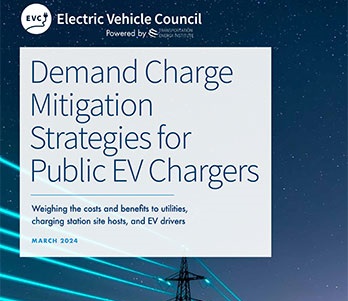
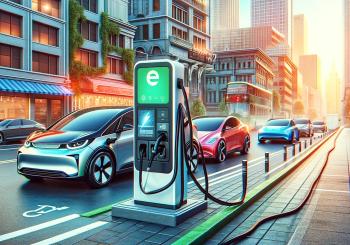
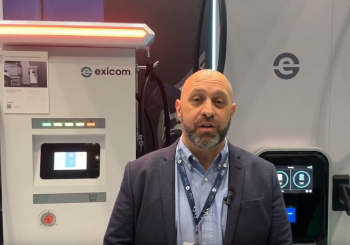
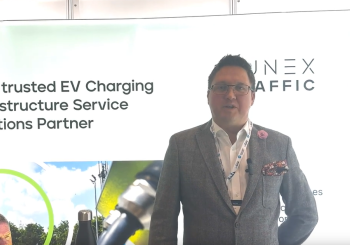
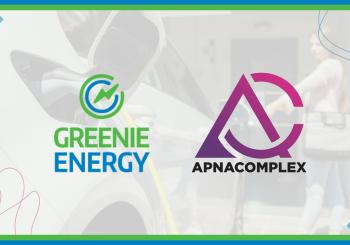
Follow Us On Social Media